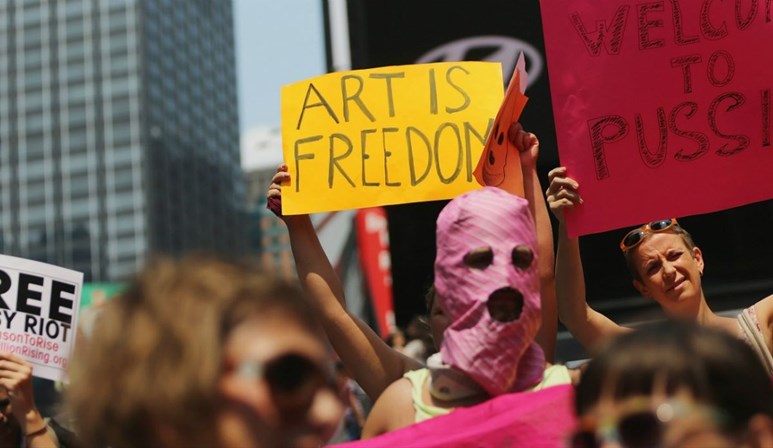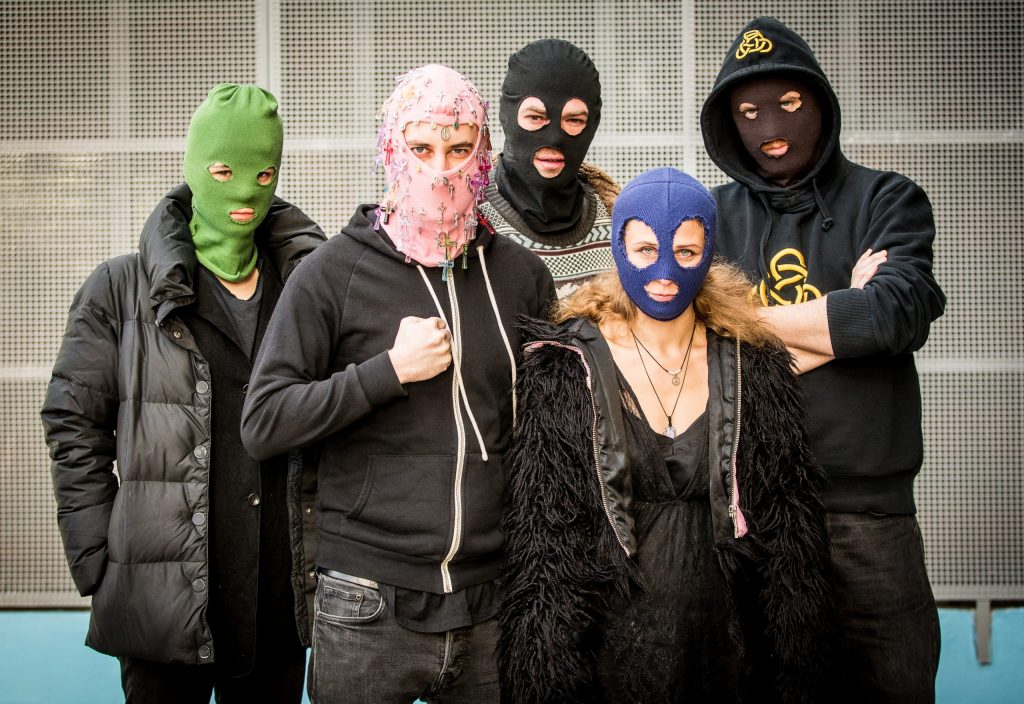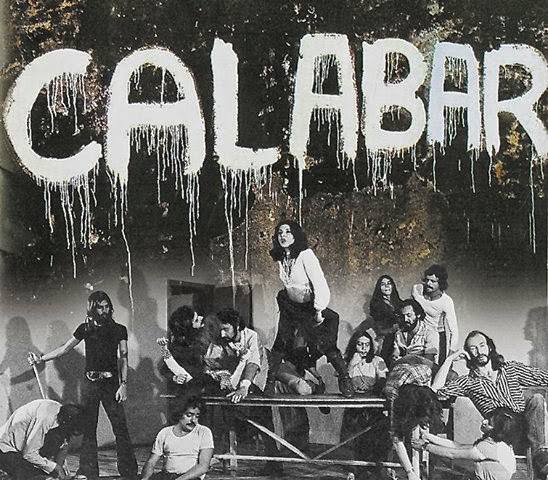SÃO PAULO, BRAZIL – The event is hosted by the São Paulo Municipal Secretariat of Culture and is a response to the federal government’s attacks on culture in President Jair Bolsonaro’s first year in power.
Several performers who have had their works removed from presentations at events promoted or supported by the government, or have been criticized by the president, will be featured over the 15 days, between January 17th and 31st, in a number of cultural venues in São Paulo.

The Festival was the concept of Alê Youssef, the Municipal Secretary of Culture, and Mayor Bruno Covas, who has been positioning himself as a counterweight to the political positions of Bolsonaro’s government.
In August, the play ‘Res-Publica’, censored by the FUNARTE, a federal body, was invited by City Hall to perform in São Paulo. Thus was born the idea of promoting a festival with censored, criticized or restricted works, either current or in the past, such as the play ‘Roda Viva’, which will be showcased at the Municipal Theatre.
The event hosts suppressed cultural works during 15 days, in the five regions of the city. There are over 45 open and free activities, such as plays, movies, debates, shows, exhibitions, performances and carnival.
The initiative supports and strengthens resistance to attacks on culture and artists in Brazil. For Secretary Alexandre Youssef, the ‘Summer Without Censorship’ is not a project of antagonism to the federal government. “It is a means to value our culture”, he explains. “A resistance that fights for the most valuable asset of our culture, freedom of expression”. It’s about fighting repression, censorship, and prejudice by producing and promoting “good, beautiful and strong works”.

The Russian band Pussy Riot, the musician, and poet Arnaldo Antunes, DJ Rennan da Penha, a ‘funk’ artist who was imprisoned accused of being associated with drug trafficking, actress Deborah Secco and former prostitute Raquel Pacheco, who wrote the book that gave rise to the film ‘Bruna Surfistinha’, are some of the artists taking part in the Festival.
In total, there are 45 activities, including concerts, plays, movies, debates, concerts, exhibitions, performance,s and even Carnival, anticipating the city’s street carnival season, which this year is expected to consolidate itself as the largest in the country.
The entire program is free and takes place in venues such as the Municipal Theatre, Artes Square, São Paulo Cultural Center, and the Mário de Andrade Library.
The dystopia we live in will be discussed by historian and professor Lilia Schwarcz, who will give a lecture about ‘1984’, George Orwell’s dystopian novel, about a world with absolute control over society, at the Mário de Andrade Library on January 29th.

But the Festival is not only about protest. At the end of the festival, on January 31st, the Ramos de Azevedo Square, across from the Municipal Theater, is the stage for a party that begins with the parade of the spectacular Charanga do França block, at 11 PM. Then, the fun continues with ‘Tarado Ni Você’, a block of songs by Caetano Veloso, and finally, the ‘Minhoqueens’ party.
Check out the full agenda!

